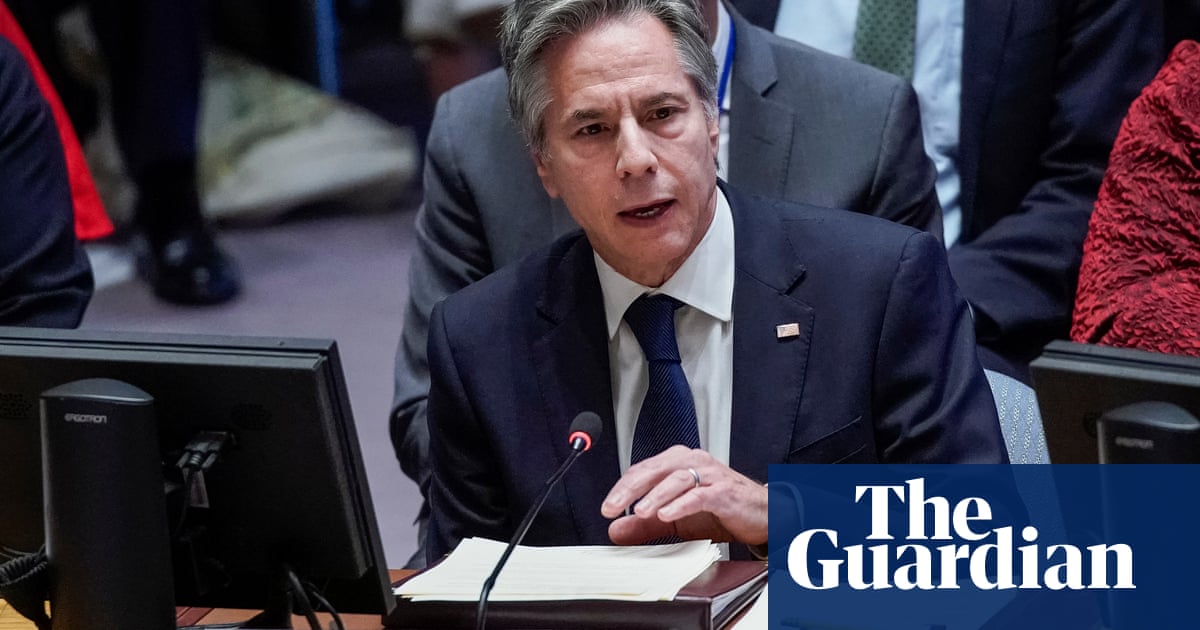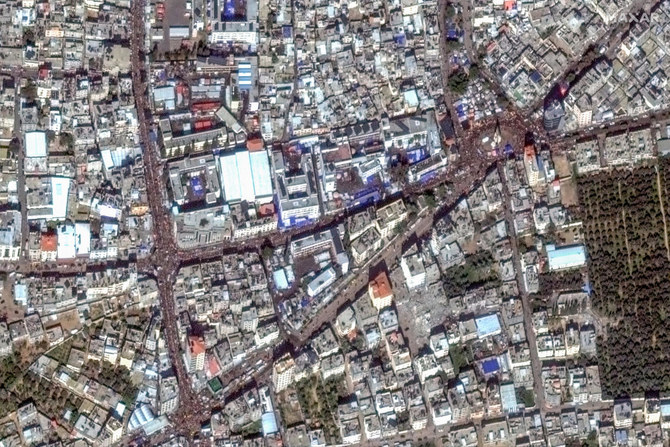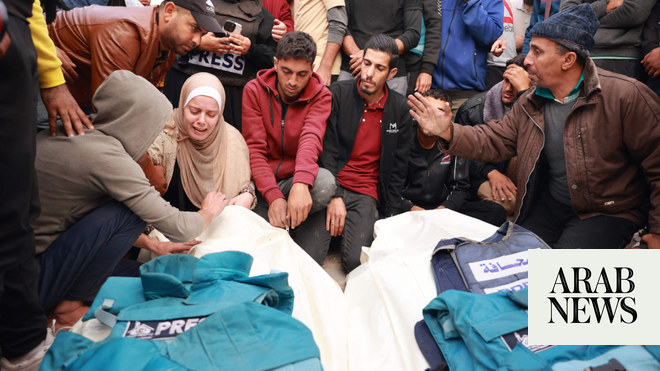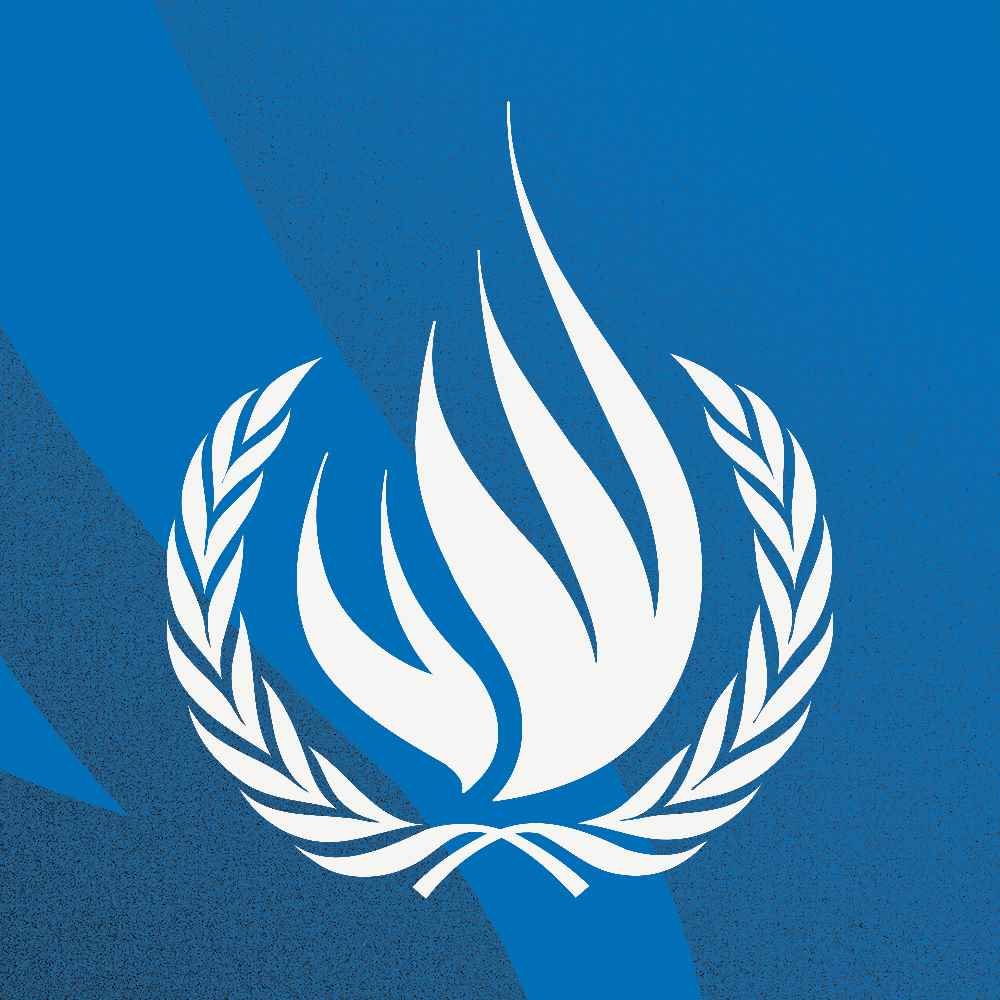
DELIVERED BY
Nada Al-Nashif, Deputy High Commissioner
AT
Opening of the 2024 Conference of civil society organisations working on the question of Palestine
LOCATION
Geneva
Ambassador Cheikh Niang,
Excellencies,
Ladies and Gentlemen,
It is my honour to open the 2024 Conference of Civil Society Organisations working on the Question of Palestine – titled “Building Bridges with International Civil Society to Address the Ongoing Nakba” – and organised by the United Nations Committee on the Exercise of the Inalienable Rights of the Palestinian People.
This event takes place in a harrowing context of unprecedented devastation.
The killing of seven aid workers of World Central Kitchen from multiple Israeli airstrikes on Monday evening was not an isolated incident. As of 20 March, at least 196 humanitarians, including at least 175 UN workers, had been killed in the Occupied Palestinian Territory since October 2023. This is nearly three times the death toll recorded in any single conflict in a full year (as per the statement of the UN Humanitarian Coordinator for OPT). As a result of attacks on hospitals and medical personnel and the sustained interference with humanitarian assistance, Palestinians in Gaza are dying of disease and hunger, if they are not killed by bombs.
Almost half a year has passed since the violent attacks of 7 and 8 October by Al-Qassam and other Palestinian armed groups, including horrific attacks on civilians, which resulted in the killing of nearly 1,200 Israeli and foreign citizens, injuries to over 5,000 others, with reports of torture and sexual violence, and the abduction of over 230 hostages into Gaza, of which around 130 hostages remain captive to date. These violations amount to crimes under international law.
The Israeli military response in Gaza has been brutal, and there is growing evidence of the systematic violation of international humanitarian law, including the commission of war crimes and possibly other atrocity crimes. Indeed, Israel’s choices of methods and means of conducting hostilities has led to a horrific human toll, with over 100,000 Palestinians killed or wounded in Gaza – a staggering five percent of the whole population, in majority women and children. At least 17,000 children are orphaned or separated from their families, and all the child survivors in Gaza will carry life-long scars of physical and emotional trauma.
Israel’s bombardment has flattened entire residential areas and the large-scale destruction of critical civilian infrastructure has rendered many parts of Gaza effectively uninhabitable. Around 1.7 million persons have been displaced, many times over, as they move with the elusive hope of finding a safe place. Many civilian infrastructures such as hospitals, schools, places of worship, all protected under international law, have been completely destroyed. The two-week siege on Al Shifa that recently ended has reportedly caused massive destruction, killings, and injuries. Hundreds have been allegedly detained. OHCHR OPT is in the process of gathering more information on this. This is just one of several examples of massive destruction, death and suffering.
But in Gaza, no place is safe anymore – everywhere, civilians risk dying, from air, sea or ground attacks, from disease or from starvation. The collective punishment of the Palestinian people by Israel is unacceptable and is strictly prohibited under international law. As the High Commissioner said recently, there is a "plausible" case that Israel was using starvation as a weapon of war in Gaza.
All violations of international humanitarian law must be properly investigated, and any crime must be punished in accordance with international law. Again, in the words of the High Commissioner, “No one is above the law”.
Today, with the total number of people killed in Gaza exceeding 32,000, we witness Palestinians also dying from malnutrition and dehydration. This human-made catastrophe was entirely preventable. Our Office has called on all States with influence to do everything within their power to avert a full-scale assault in Rafah, which would take the nightmare into a new cataclysmic dimension.
Israel, as the occupying power, is obligated under international humanitarian law to provide, or protect and facilitate the safe distribution of humanitarian aid to the civilian population. The High Commissioner has pointed to Israel’s responsibilities, in view of its chosen means and methods of warfare and the ongoing restrictions and hindrance on entry and delivery of aid. Border crossings and corridors must be fully opened, and steps taken to ensure the free and secure distribution of aid to civilians across the Strip, including guarantees for secure freedom of movement of all humanitarian workers.
In this regard, our Office welcomed the adoption of Security Council resolution 2728 on 25 March and the interim order issued by the International Court of Justice on 28 March, calling for full and immediate implementation, in follow up to the February order.
The High Commissioner has also repeatedly called for the immediate and unconditional release of all hostages, and for the thousands of Palestinians arbitrarily detained by Israel to be released. In the interim, all must be treated humanely and allowed to receive visits and assistance from the International Committee of the Red Cross.
While Gaza is destroyed, tensions in the occupied West Bank, including East Jerusalem, remain high. The drastic acceleration in Israeli settlements and record high settler and State violence including extrajudicial executions and other unlawful killings, are worsening long-standing patterns of violence, oppression, discrimination and debilitating movement restrictions, leading to the forcible displacement of Palestinian communities, amid a continuing dire fiscal crisis facing the Palestinian Authority.
As stated by the United Nations Secretary-General, the 7 October attacks “did not happen in a vacuum” but took place after “56 years of suffocating occupation.” The High Commissioner has repeatedly called not only for an immediate end to hostilities, but also an end to the conflict and a genuine political process to end the occupation and ensure Palestinians’ rights to self-determination, equality, and non-discrimination.
Accountability must be served on all sides. A raft of measures to re-establish human rights, equality, accountability, and justice must be adopted across the Occupied Palestinian Territory and Israel. In these efforts, we count on our partnership with civil society.
I wish to salute here civil society actors who work tirelessly to provide humanitarian assistance to those in need, who volunteer to take care of refugees traumatised by violence, who demand adherence to international law and standards from their governments, and who continue to campaign for a peaceful resolution to this conflict.
Throughout the occupation, Palestinian and Israeli civil society have played a crucial role in documenting and highlighting egregious human rights violations, calling for justice and accountability. Civic space, which was already dwindling in and across Israel and the Occupied Palestinian Territory before 7 October, has continued to shrink ever since in both Israel and Palestine, seriously limiting the ability of human rights defenders, journalists, as well as ordinary citizens to freely express themselves. The designation by Israel of six NGOs as terrorist organisations, threats to impose heavy taxes on Israeli NGOs working on OPT and receiving foreign funds and other such measures have severely hampered the ability of these NGOs to operate independently and to their full potential.
Most civil society organisations in Gaza have lost their physical infrastructure, with their staff either dead, injured, or detained, while others have fled seeking security. These are huge blows to civil society. Even more, funding to many of these organisations has been either frozen or is under review by donors. This is not the time to reduce donor support to civil society performing such crucial work, but time to redouble support. As flagged by our Office in mid-December already, "Gaza has seemingly become the deadliest place for journalists – in the world." Tragically, killings of journalists have continued. The Committee to Protect Journalists’ preliminary investigations indicate that at least 95 journalists and media workers have been killed (90 Palestinians, 2 Israelis and 3 Lebanese). Also smear campaigns against artists, peace activists and human rights defenders, in and outside of Israel and the Occupied Palestinian Territory have intensified, including the targeting of mandated independent experts of the human rights mechanisms, portraying free speech as incitement to violence, terrorism or antisemitism, while incitement to violence and hatred continues against Palestinians with impunity.
Yet, the importance of national and international civil society, as well as news outlets and journalists, is vital for truth, justice, accountability, and future reconciliation. The Office will continue to promote and support human rights defenders and civil society for their invaluable work and crucial efforts, in the face of monumental challenges.
We continue to call on Member States to do everything in their power to ensure all parties comply with their obligations under international law. We also call on broad international support to ensure civil society actors are protected and empowered to effectively contribute to the realization of all human rights for all – in Palestine, Israel and the Middle East more broadly.
In this spirit, I wish you fruitful discussions. Thank you.












